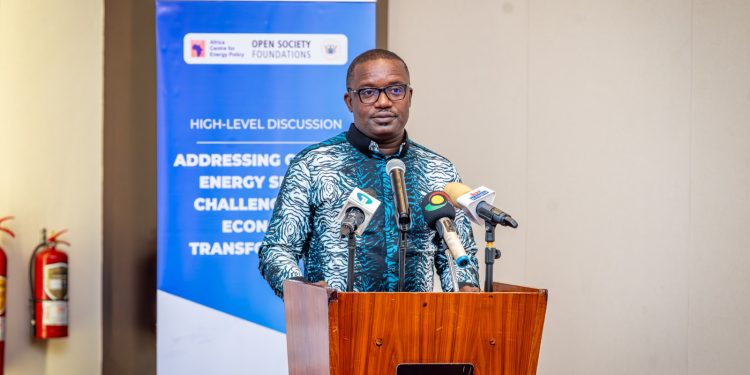Energy Ministry Engages IPPs in $1.7bn Debt Renegotiation to Ease Sector Burden
The Ministry of Energy and Green Transition is currently engaging Independent Power Producers (IPPs) to renegotiate payment terms on the back of a ballooning energy sector debt stock, Energy Minister John Jinapor has disclosed.
Speaking at a High-Level Discussion themed “Addressing Ghana’s Energy Sector Challenges for Economic Transformation,” the Minister revealed that the government owes IPPs some $1.7 billion, out of a total sector debt estimated at $3.1 billion.
“We are currently renegotiating with the IPPs for favourable payment terms and are anticipating a win-win situation in the ongoing negotiations,” Mr Jinapor stated.
He noted that while significant challenges remain, the government has introduced a raft of reform initiatives aimed at improving operational efficiency and financial sustainability within the power sector.
Among the measures implemented are:
The Distribution Network Improvement Programme, which involves proactive fault patrols and rectification across ECG feeders
Termination of 202 underperforming contracts with ECG, valued at $227 million, £1.17 million, and €4.08 million
Implementation of the new Zeus billing system within three months to improve revenue assurance
Full compliance with the Cash Waterfall Mechanism (CWM) to ensure timely payments to power producers and fuel suppliers
Record revenue performance by ECG in June 2025, hitting GHS1.678 billion, representing a 47.3% year-on-year increase
Cabinet approval for private sector participation (PSP) in electricity distribution through a multiple leasehold model
Enhanced gas supply commitments from N-Gas, ENI, and Jubilee partners to ensure reliable fuel sources for generation
Despite these strides, structural inefficiencies continue to exert pressure on the national budget. The dialogue highlighted that under-recoveries in the power sector are currently estimated at about 2% of GDP, approximately four times the country’s annual capital investment in infrastructure.
Participants at the forum underscored the urgent need for accelerated reforms, noting that resolving the sector’s challenges would free up critical fiscal space and unlock investments vital to driving inclusive and sustainable economic transformation.
The dialogue also stressed the importance of ensuring a just and equitable energy transition, particularly in ensuring access and affordability for vulnerable populations.








